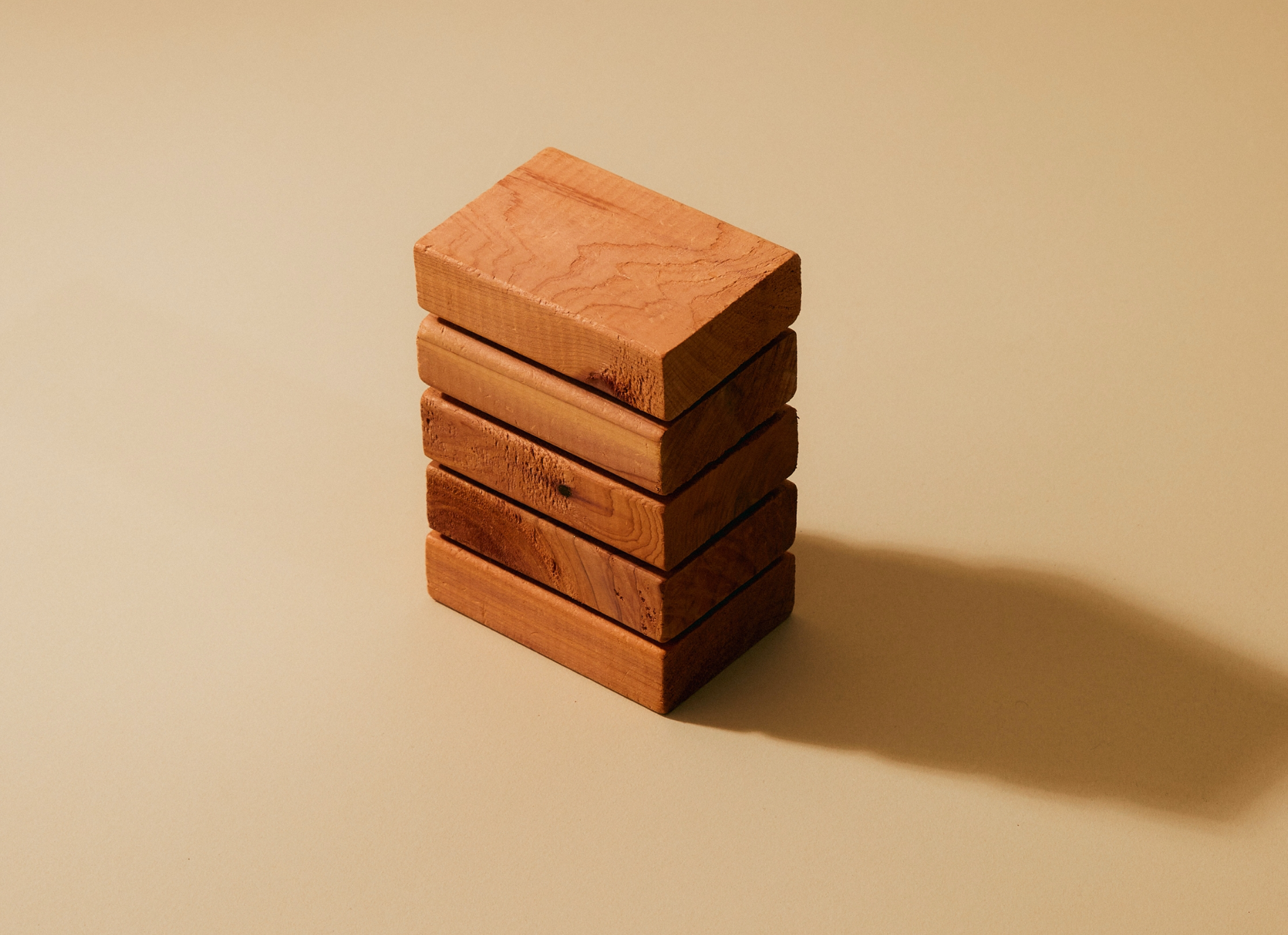

In order to cover the resource and material needs of the future, we are completely dependent on a shift towards circular and sustainable production processes. Now that plastic has become one of man's biggest challenges, it is more urgent than ever to find sustainable alternatives to materials in a number of applicative areas.
Sustainability of a material is affected by many aspects. For it to be a completely sustainable material, the environmental perspective must have a value both in the short and long term. A completely sustainable material requires a high recycling rate, low or zero emissions, energy-efficient use of resources, no environmentally harmful substance or poison emissions, as well as ethical working conditions and production methods.



Fungal materials are based on renewable biomass and have the potential to replace materials with a high environmental impact. Fungi’s ability to digest biological matter such as wood waste, cellulose and fibre makes it possible to transform local waste into a sustainable bio-material. Through a natural growth process, the biowaste is bound together in a mould, wherein the fungi digest the waste and form a mycelial structure which grows to become a solid material in a rather short time span. The life cycle is circular and the result is a carbon-negative, non-toxic and 100% degradable material with a number of unique properties.
By combining nature, science and design, we at Mycela aim to develop the material of the future based on mycelium. The mycelium material is sound and temperature insulating, naturally strong, fireproof, water-repellent, lightweight and can be composted at home. We test different types of fungi together with different types of waste to see which combinations are best suited for the different areas of use. Right now we are focusing on developing interior products such as lampshades, art objects and acoustic absorbing panels.
